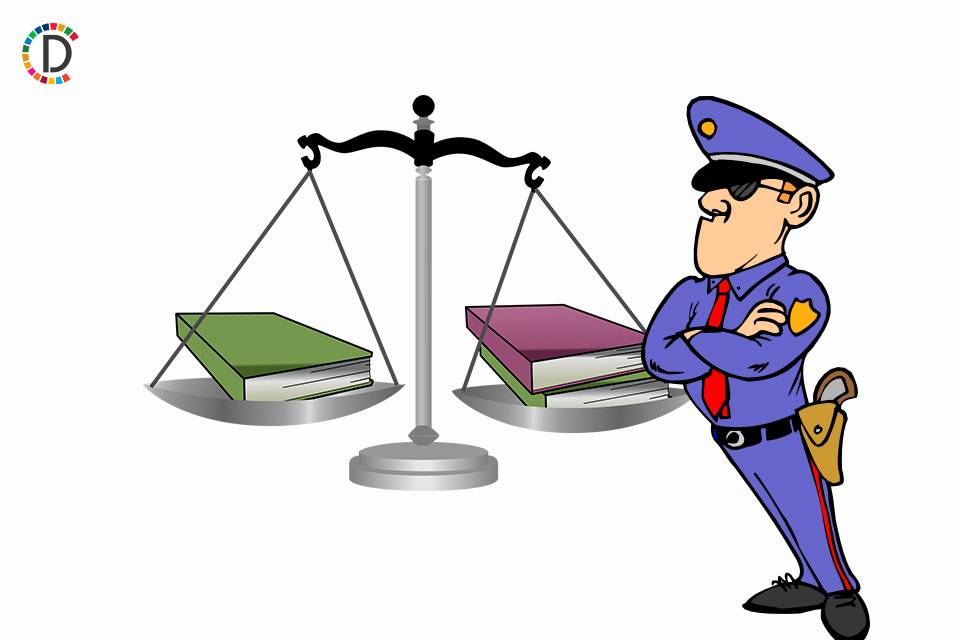Tokyo's controversial Yasukuni Shrine picks ex-admiral as chief priest, source says
Japan's Yasukuni Shrine has picked a former military commander as its chief priest, a person familiar with the decision said, potentially stirring controversy over a site that other Asian nations see as a symbol of Japan's wartime aggression. The appointment of Umio Otsuka, 63, a former Maritime Self Defense Force (SDF) commander and a one-time ambassador to Djibouti, would mark the first time since 1978 for an ex-military official to assume the post.

Japan's Yasukuni Shrine has picked a former military commander as its chief priest, a person familiar with the decision said, potentially stirring controversy over a site that other Asian nations see as a symbol of Japan's wartime aggression.
The appointment of Umio Otsuka, 63, a former Maritime Self Defense Force (SDF) commander and a one-time ambassador to Djibouti, would mark the first time since 1978 for an ex-military official to assume the post. Yasukuni Shrine declined to confirm the appointment, which the source said was finalised on Thursday. The person asked not to be identified ahead of a formal announcement.
The last retired military officer appointed as chief priest, Nagayoshi Matsudaira, enshrined 14 prominent convicted war criminals alongside the 2.5 million war dead honoured at the shrine, including World War Two-era prime minister Hideki Tojo. Visits there by senior Japanese political figures have drawn criticism from countries such as South Korea, which was under Tokyo's colonial rule for 35 years, and China, which Japan invaded.
Conservatives assert that Yasukuni, which was established in 1869 as Japan emerged from more than 250 years of isolation, is meant to commemorate all the nation's war dead and is not a shrine dedicated to those blamed for waging war on Japan's neighbours. Its name in Japanese means "peaceful country". Otsuka's appointment comes as Tokyo and Seoul deepen security cooperation with each other and their shared ally, the United States, in response to escalating regional threats from China, Russia and North Korea.
No serving Japanese prime minister has visited the shrine since Shinzo Abe went in 2013, prompting an expression of disappointment by then-U.S. President Barrack Obama.
(This story has not been edited by Devdiscourse staff and is auto-generated from a syndicated feed.)
ALSO READ
SBI Eyes Acquisition Finance Tie-up with Japanese Banks
Kremlin: Russo-Japanese Relations Hit Rock Bottom Amidst Territorial Dispute
Japan's New Dawn: Breaking Fiscal Chains to Ignite Economic Growth
Japan's PM Takaichi Vows Strong Defense Amid China Tensions
Japan PM Takaichi warns of China 'coercion', vows security overhaul










